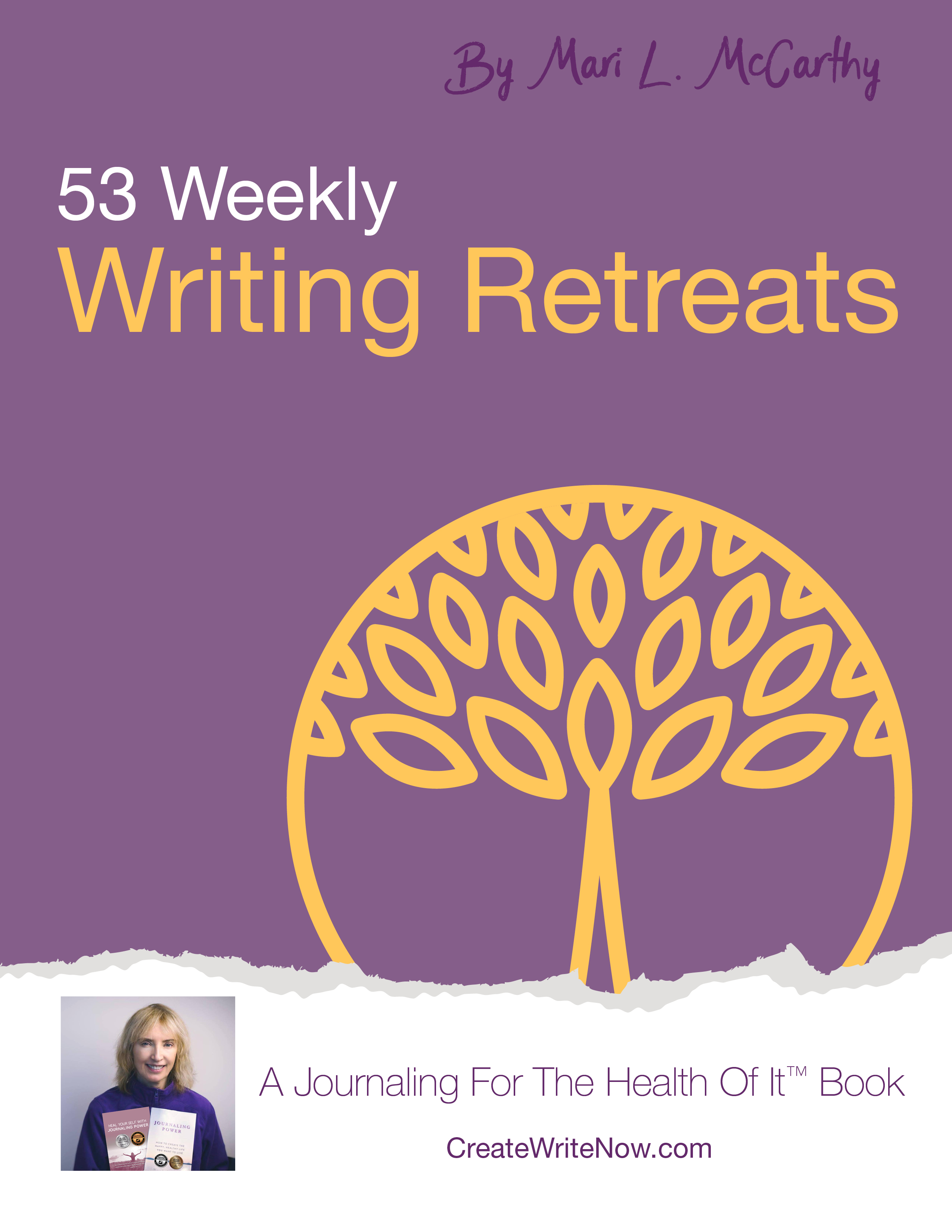Some people have trouble expressing anger and they tend to suppress it. Some people feel a huge amount of anger, while others are less subject to it. We’re all different of course.
What about you? Journal for a page or two about the presence of anger in your life. Everyone knows something about it, whether from their own feelings or from observing others.
Write about moments of anger: what precedes them, what triggers them, how the emotion feels, how it works, what happens to it eventually.
How do you feel after anger has passed? This question is a little trickier. When I’m mad, I feel convinced that I’m right. Later on, though, doubts may rush in. Could I have been mistaken, could I have been wrong?
When you start to question, it might start to seem like anger is not really your friend. Suddenly the anger is mixed with confusion, maybe shame, or fear.
There are certainly situations that call for the force of anger, and letting it loose at those times is not to be regretted. But such instances are rare. 99% of the time, it’s better to channel anger away from outright expression.
Still, you don’t want to turn into a repressed shadow of your true self, write? Telling your journal all the hairy details about your anger is a great way to express it safely.
But be sure, as well, to take it a step or two further.
Here is your wrath, the full might of your outrage, the scandalous extent of your offense, spelled out sinew and bone.
Now what?
Inhale. Exhale.
Let’s not sugar-coat things. Getting to the next place, moving through by sheer dumb willfulness, is like navigating the birth channel: just as tight and slippery and impossible.
Still, you do it. Write:
- The opposite of this anger is …
- This is how my body feels write now …
- I’m afraid of …
- I’m sad that …
- Here’s the next thing I’m going to do …
You may wish to repeat these steps as needed.
Much later, when you’ve calmed your anger and you’re feeling comparatively at ease, journal more objectively about episodes of anger. From your current perspective,
- What occurred when you became angry?
- What are the good – and the bad - things about your anger?
- How did you handle the situation and what would you do differently today?
- What purpose does anger serve in your life and learning?
- What does your Inner Coach say to you about the experience?
With journaling practice, I’m willing to bet you’ll feel a lot more in control of angry feelings. Please write and tell me about your transformatio
There are all kinds of transformations, some quick and some very very slow. It's all relative! Here's an indispensable tool to accompany your longer metamorphoses. A companion for the long term, because not everything can be done in a hurry.



Leave Comment